Tulips and their elegant cupped blooms, stately on slender stems, give a contented welcome to spring. Their single, double, and frilly varieties convey waves of early, mid, and late-season colour. Proper planting inside the autumn ensures the correct flowering. Planting tulips completely deep protects the dormant and creating bulbs in route of temperature fluctuations and moisture components. It furthermore permits an necessary chill time.
In loads of rising areas, November is the optimum time to plant tulips for his or her spring present. Whether or not or not or not contained in the flooring, potted preparations, or forcing blooms indoors, make sure you perceive how deep to plant your tulips to allow them to convey monumental yard rewards as temperatures heat contained in the spring.
Tulip Overview
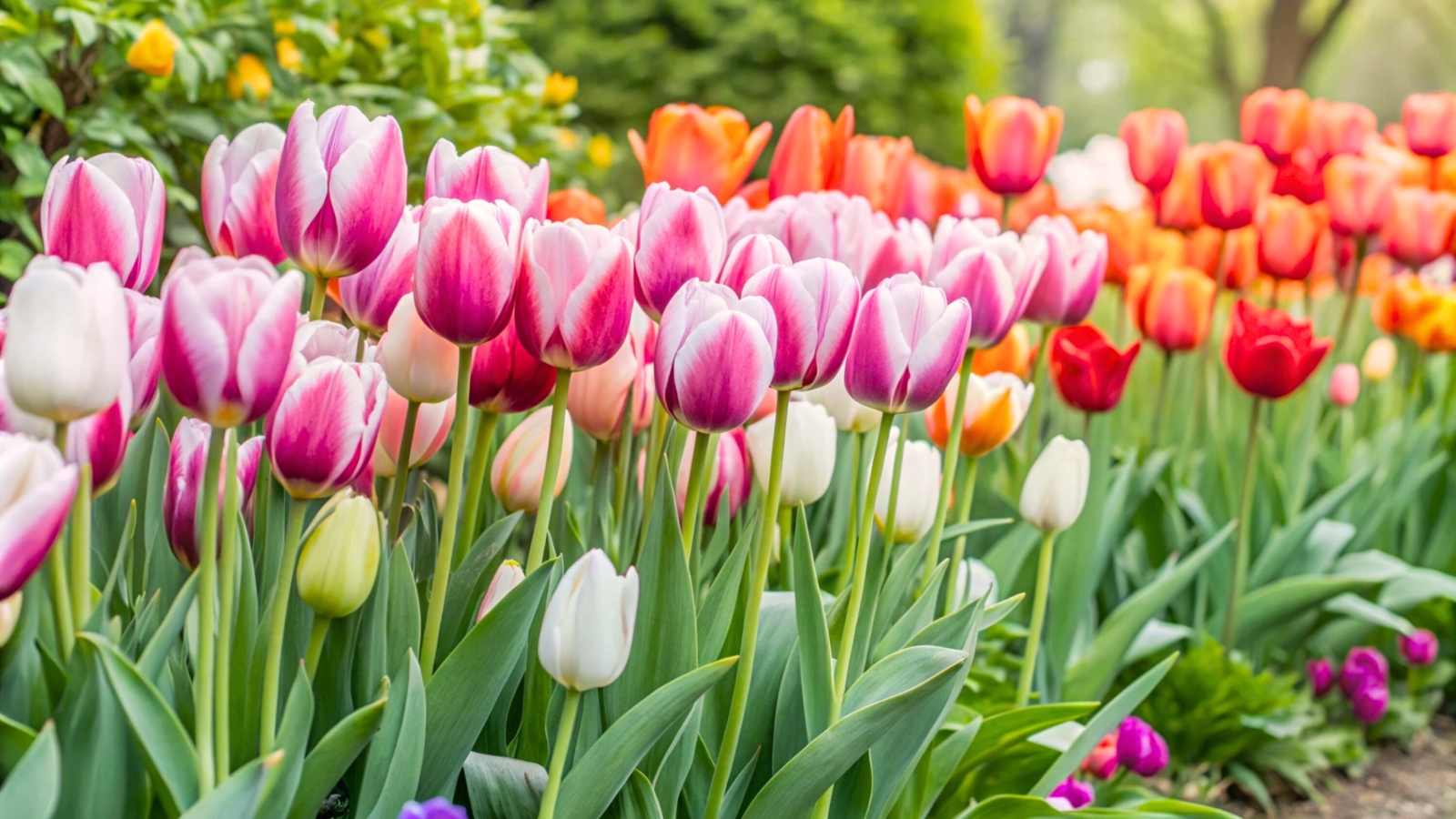

Native to Europe and Asia, tulips develop naturally in mountainous areas from the Balkans to the Himalayas, the place chilly, moist winters give option to heat, dry summers. As true bulbs, they develop by the cool season and flower in spring, coming into dormancy by the summer season season. Flowers decline when soil temperatures heat above 70°F (21°C).
Tulips are short-lived spring-flowering bulbs, generally grown as annuals for his or her robust current of their first rising 12 months. In subsequent years, their vigor declines. Some tulips final one to 2 years, whereas others widespread three to 4 years, relying on native local weather, cultural situations, and selection. They may perennialize in USDA zones 3-8 with diversified outcomes, lasting for loads of years.
Most fascinating Siting and Rising
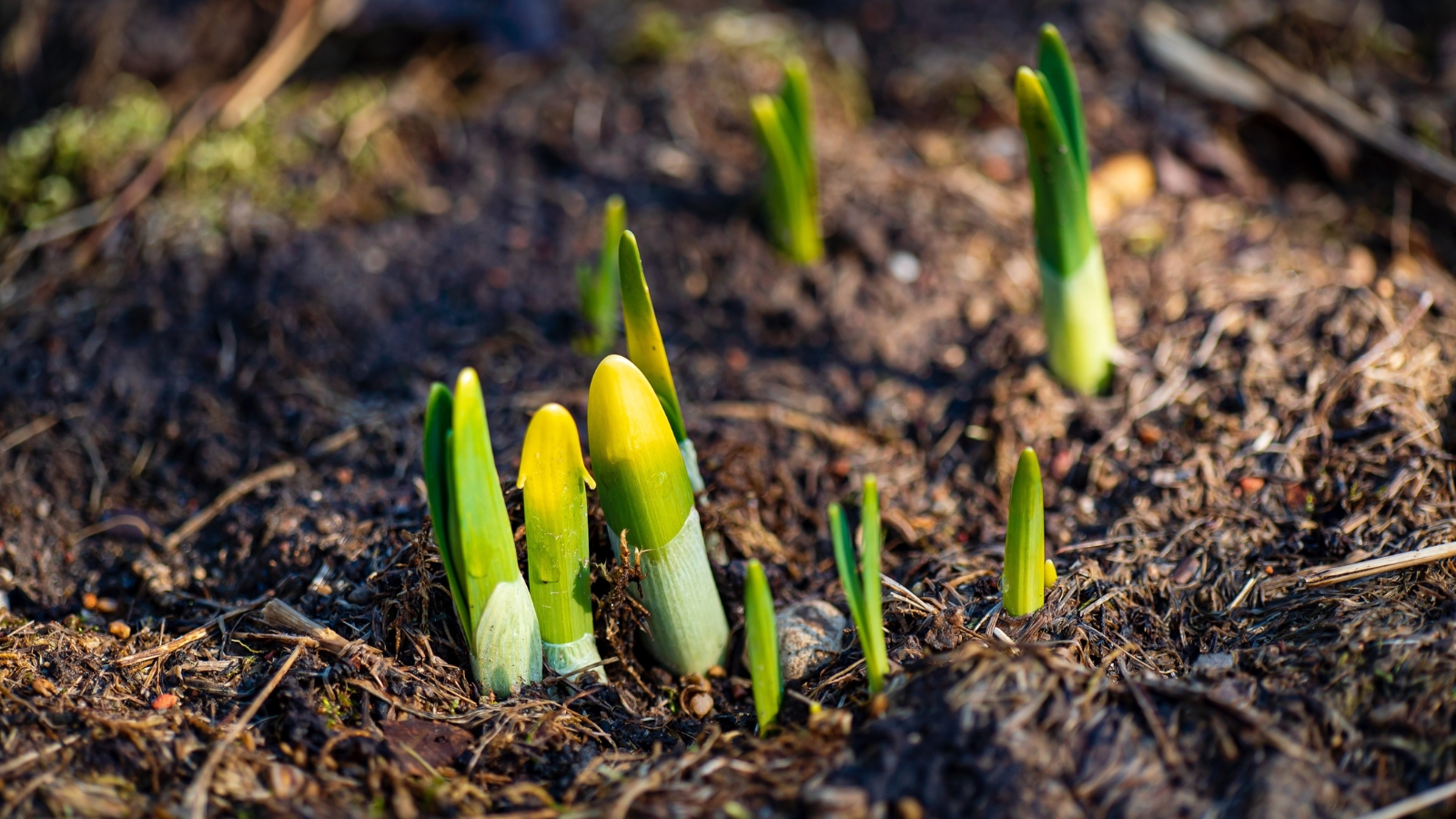

The simplest basis for rising tulips is the correct planting location in full picture voltaic to partial shade. Full picture voltaic (six or additional hours each day) promotes the correct flowering and correctly being. The easy-going bloomers furthermore do efficiently contained in the dappled light of a tree cowl, with 4 or so hours of picture voltaic publicity.
Accurately-draining soils are important, notably by the bulbs’ dormant interval earlier to and after flowering. Extended durations of soggy situations inside the summertime or winter make vegetation weak to bulb and root rot. Evenly moist soils with good drainage are finest by the rising season, whereas drier situations inside the heat season promote perennializing.
When to Plant
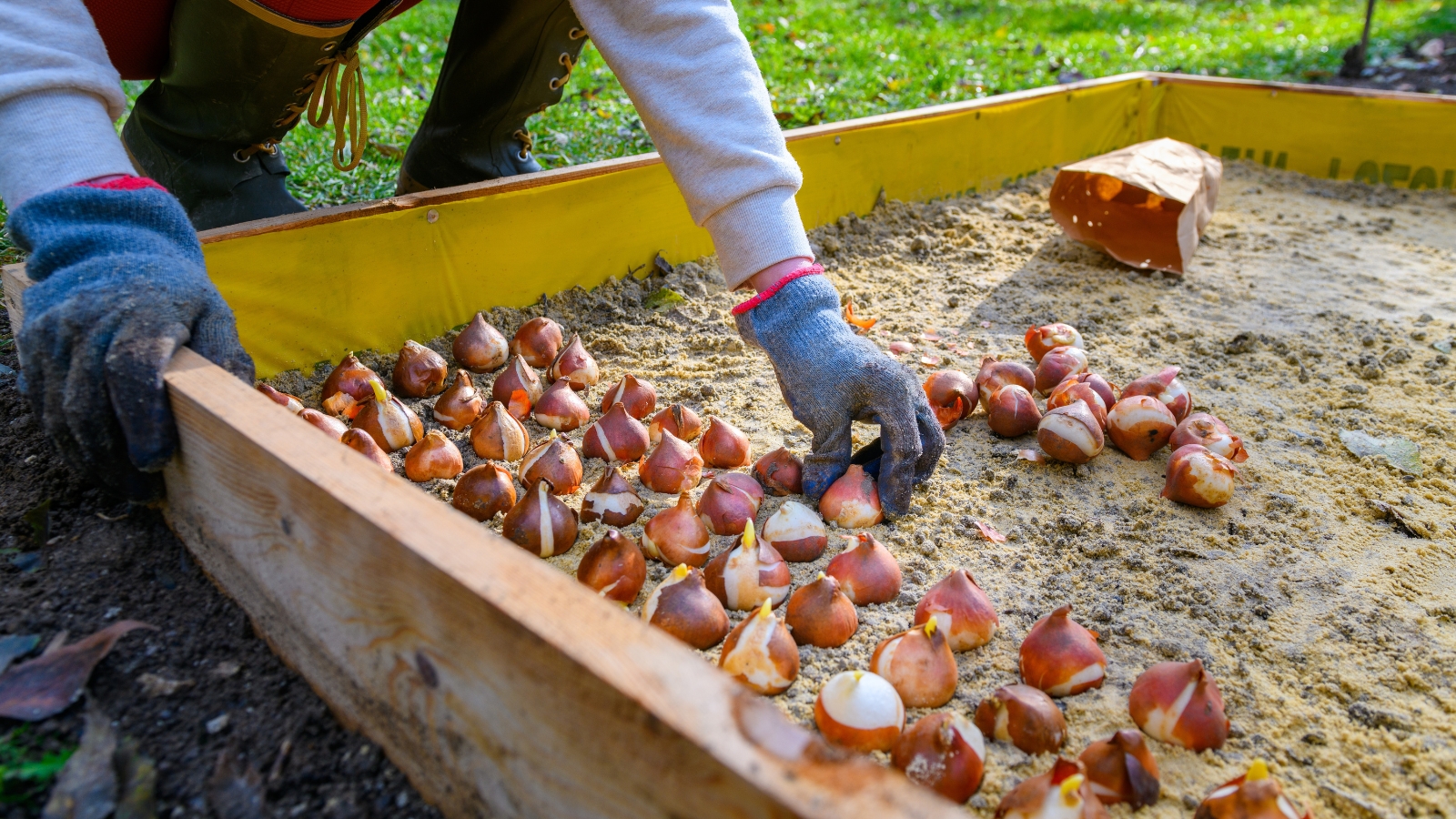

Tulips do finest with fall planting to permit an necessary winter chill interval, or vernalization. The autumn placement assists with reaching temperatures of spherical 35-45°F (2-7°C). Tulips want about 12 to 16 weeks of restorative chill.
Wait till scorching spells cross for a fall planting, finest when temperatures are contained in the 60s (~16°C) and scale back. For many areas, that is in October and November. Planting is most interesting when the soil is workable, and the underside isn’t nevertheless frozen, nonetheless constructive in case you’ve already had a heavy frost.
In heat climates like zones 8 and 9, likelihood is you will plant by means of December and January and into the spring. Go for pre-cooled bulbs from the grower to make sure they’ve met the required chill time for flowering. Or, give them 14 weeks contained in the fridge prior to they go contained in the flooring.
In-Floor Depth
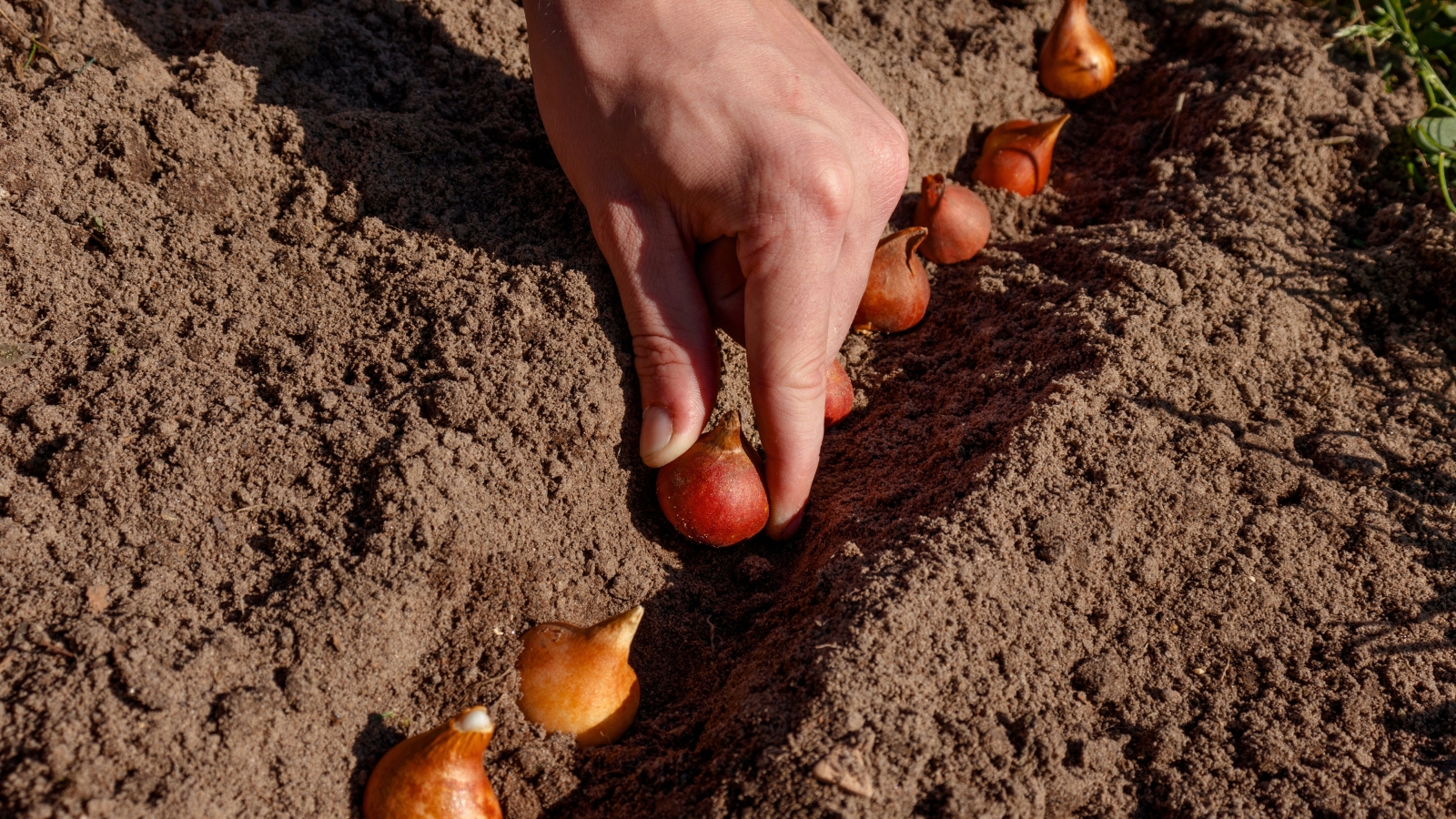

Relying on the variability, the widespread planting depth for tulips is 5 to 6 inches deep. The usual spacing is 4 to 6 inches aside. However, there’s a useful trick to make the most of inside the subject: on account of sorts and bulb sizes differ, a beautiful rule of thumb is to position the bulbs 3 events as deep as their dimension. A two-inch bulb, then, advantages from six inches of depth.
Tulips, like completely totally different spring-flowering bulbs, look finest in a mass or grouping. Cluster them rigorously with a spacing of twice the dimensions of the bulb. Area the same two-inch specimen 4 inches aside. Err on the aspect of nearer comparatively than distant spacing for these vegetation. They’ll even develop shoulder to shoulder.
Orient them tapered aspect up (root base down) for ease of development. If planting in bulk, dig a trench or plot on the correct depth to fill and situate the bulbs prior to overlaying them with soil. Tailormade to the job are handheld bulb planters and augers, useful for large displays.
In Containers
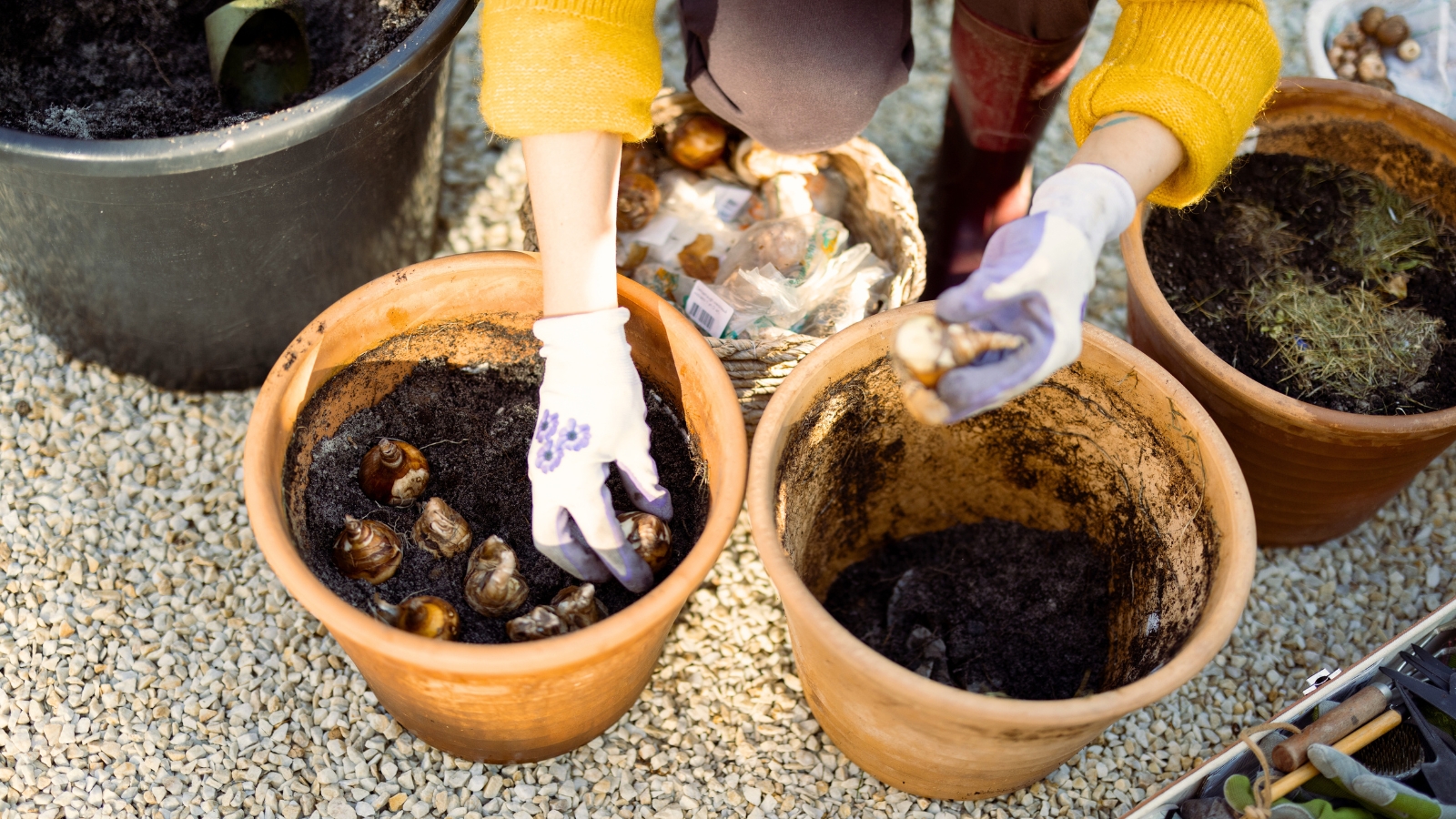

Tulips develop fantastically when planted dense and deep in containers. Pots permit for a nearer spacing than in-ground circumstances. For an plentiful look, fully fill the pot with bulbs. Underplant cool season annuals and perennials for a spring shock to remodel the design.
Begin with a well-draining potting media and partially fill the pots three-quarters full. Tuck the bulbs shoulder to shoulder and canopy them with soil. Depart an inch or two of house beneath the pot’s rim prior to the soil diploma. Water efficiently till it runs by means of the container and drainage holes.
For bulbs that want a winter chill interval to develop, place the pots outside this month. An unheated chilly physique or greenhouse works efficiently, too. Nestle them near a establishing or wall beneath a layer of leaves or mulch the tops for insulation. Open air, they’ll pay money for ample seasonal moisture with out further watering. If indoors or undercover, maintain the soil moist nonetheless not waterlogged.
After about 10 to 14 weeks, as temperatures heat and new development begins, uncover the containers and change them to their current location for budding.
After blooming, cease watering and carry the bulbs for storage or composting.
Forcing Blooms
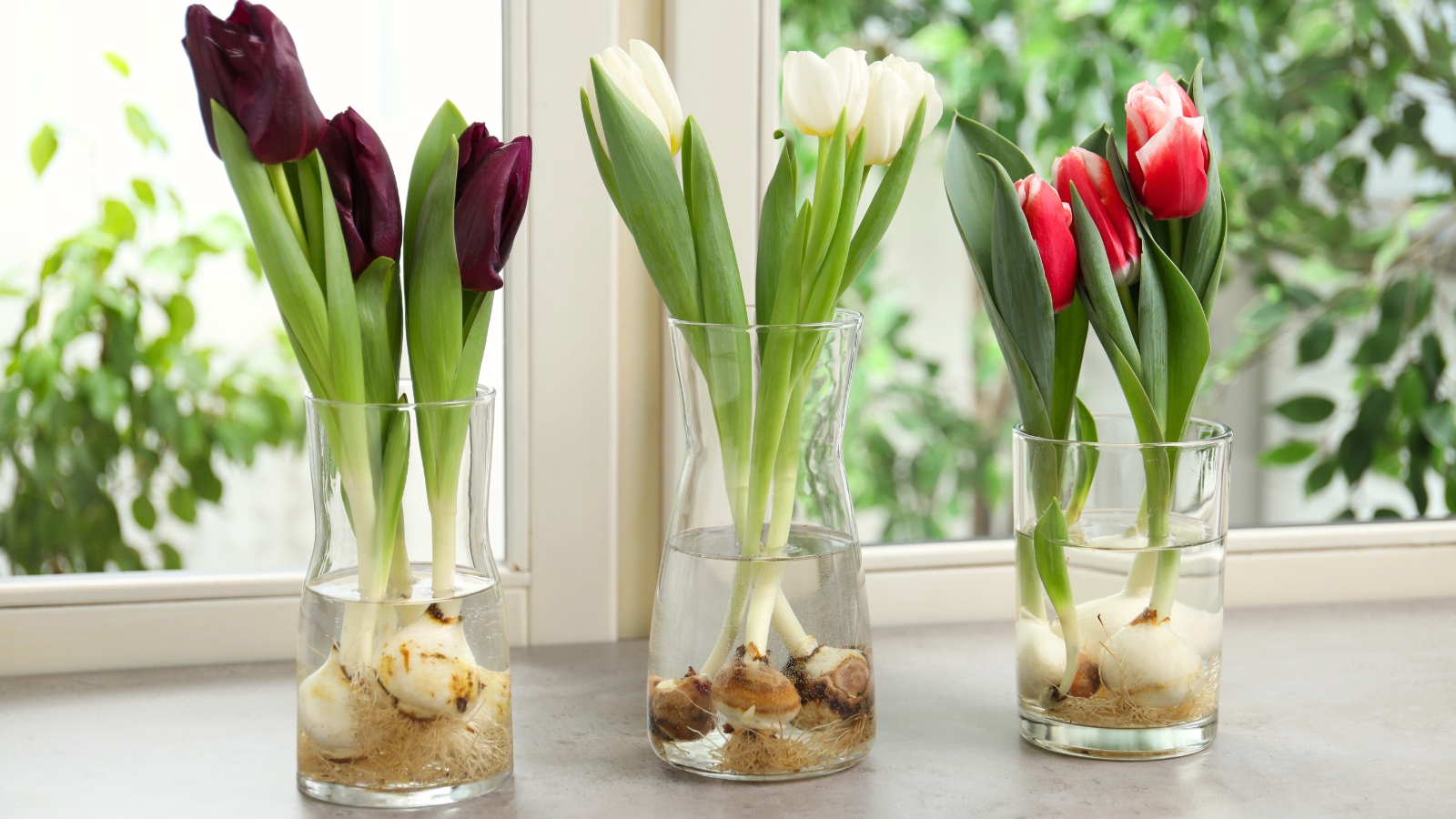

Many spring-flowering picks bloom indoors any time of 12 months by means of forcing. You presumably can drive tulips into flowering after ample chilly publicity to convey their cheer to the interiorscape or create a shocking present.
To make bulb rising simple, buy pre-chilled bulbs. Or, usher in containers overwintered outside as they present new development.
Compelled tulips develop in quite a lot of attention-grabbing methods, from mossy terrarium displays to rooting in water. Place them atop a bulb vase, jar, or dish, guaranteeing solely the muse finish (base) of the bulb is submerged. Additional water security results in rot. Along with gravel can assist situate the bulb.
To elongate the inside current, maintain the blooms out of direct daylight and away drafts from heater vents and fireplaces. Conserving them cool at evening helps flowers remaining additional.
Mulch and Winter Safety
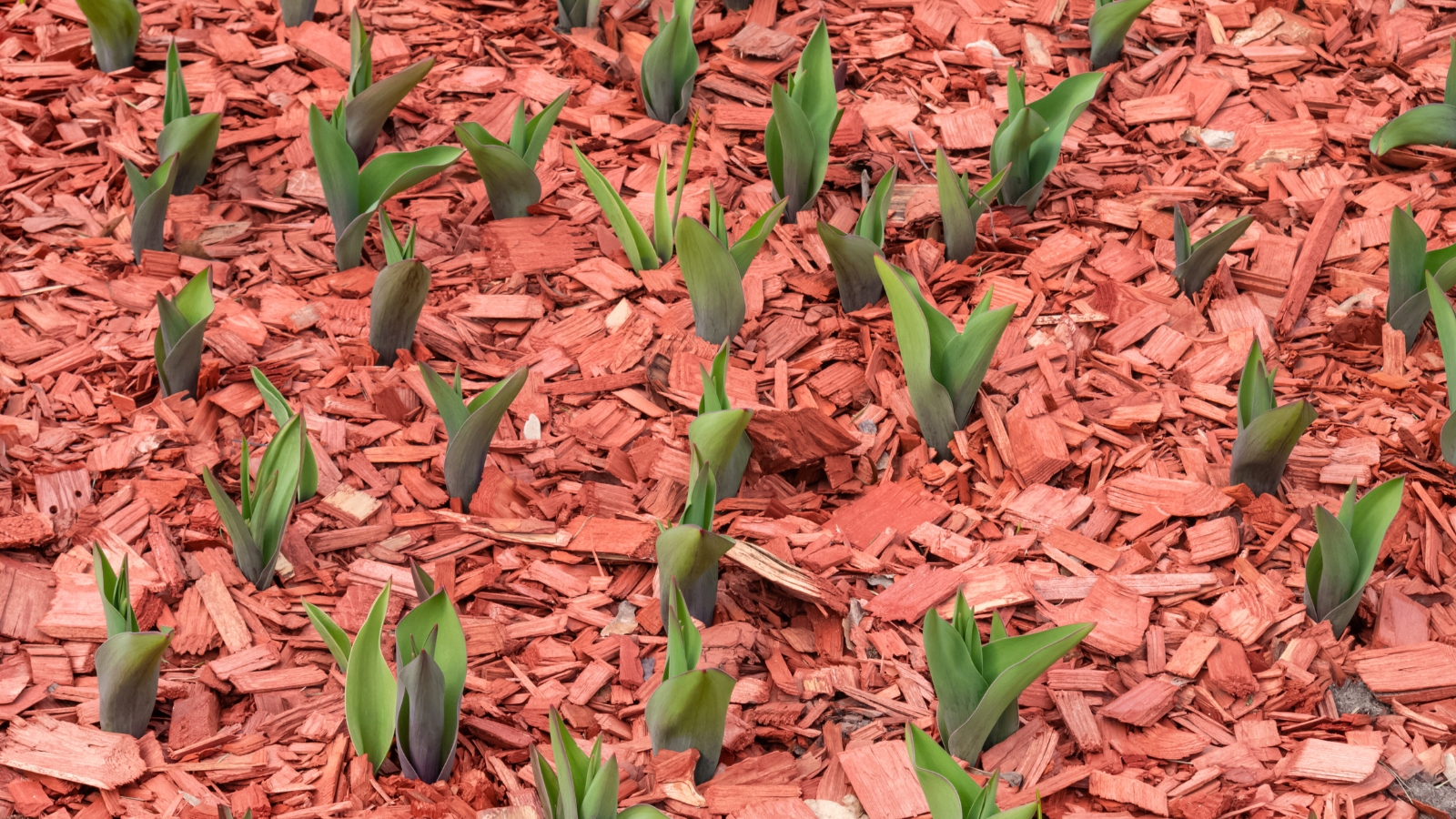

At planting, add a layer of compost and mulch to assist regulate soil temperatures, retain moisture, and suppress weeds. Mulch helps maintain the soil cool all by heat spells to maintain leaves from popping up too early.
A 3-inch layer of leaf litter, clear straw, or bark gives added insulation. The insulation protects in route of winter freeze/thaw cycles, which can set off frost heaving. Soils naturally freeze and thaw with temperature fluctuations.
In early spring, lighten the layer if it’s thick for the picture voltaic to heat the roots, and so new leaves can emerge.
One totally different ingredient of safety for newly planted picks pertains to wildlife. Carbohydrate-filled tulip bulbs are partaking to squirrels, chipmunks, raccoons, deer, and additional. In case your bulbs are inclined to wildlife harm, maintain an pure repellant useful. Some gardeners dip their bulbs in a bucketful of granular repellant at planting and reapply to soil surfaces usually, significantly after rains.
An overlay of hen wire fencing helps deter digging. You may as correctly interplant with daffodils or snowdrops, which might be toxic to wildlife. Widespread, planting in abundance is probably going one of many most interesting strategies to make sure a full current, even when some are misplaced to native foragers.
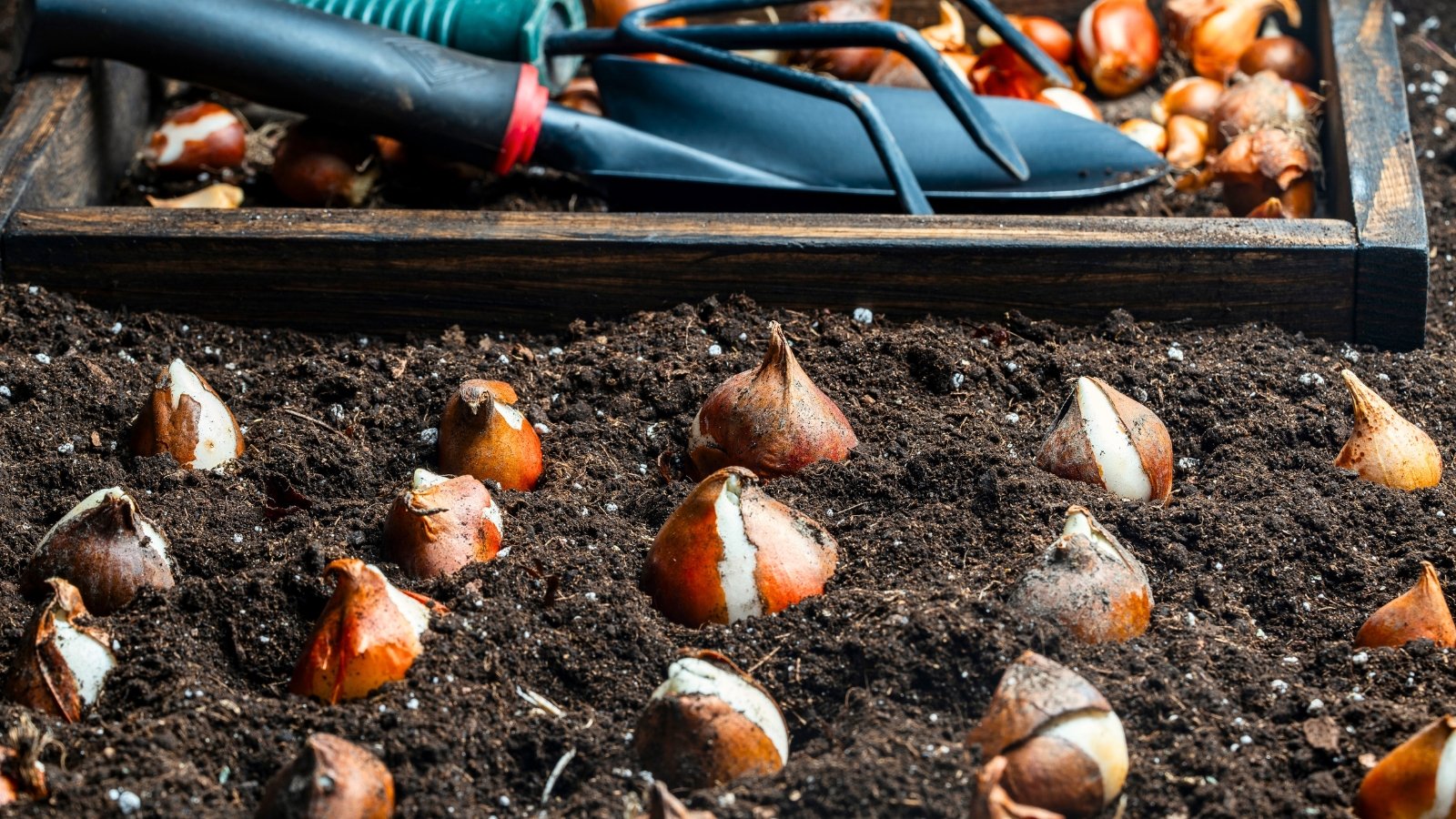
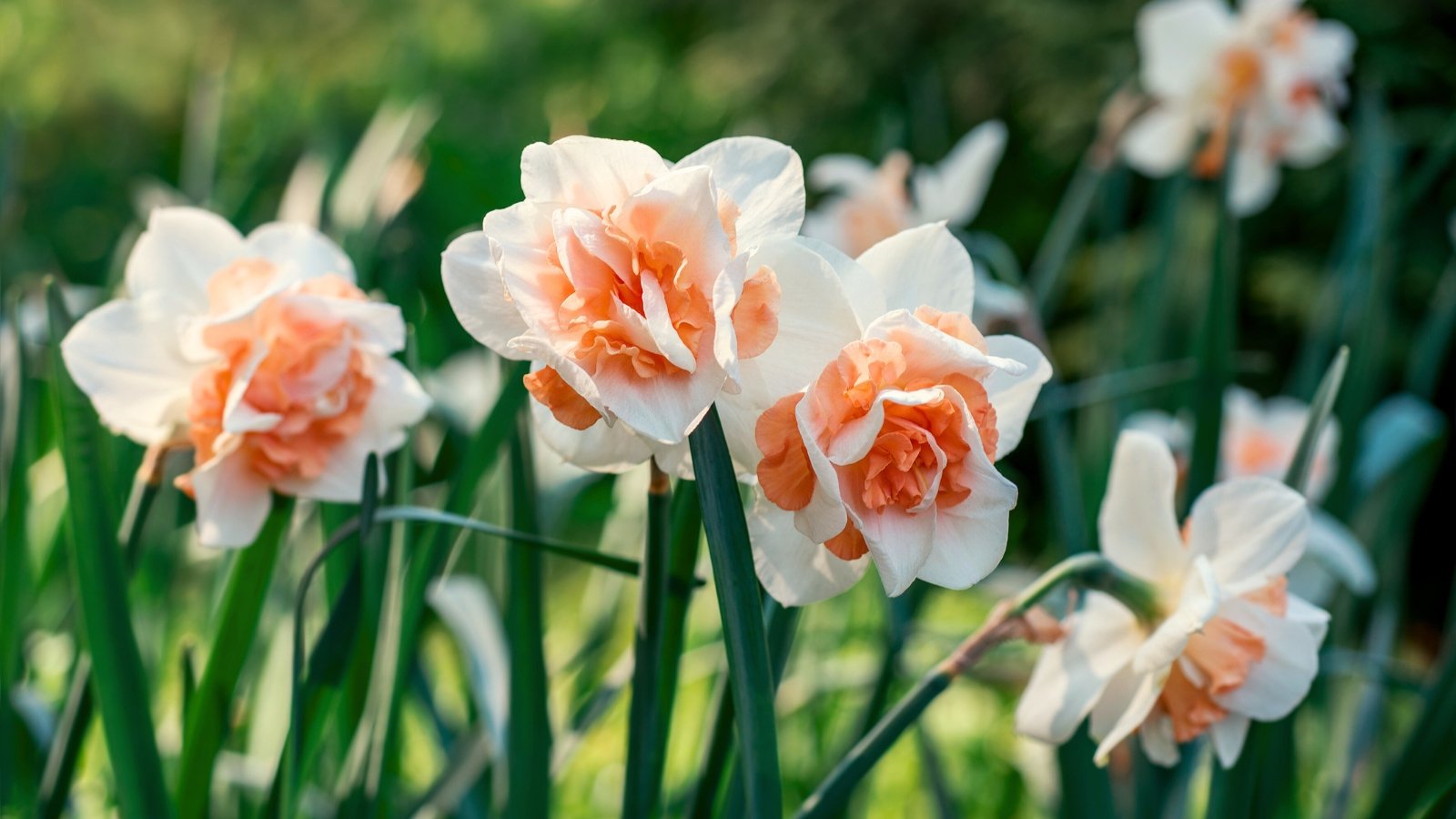
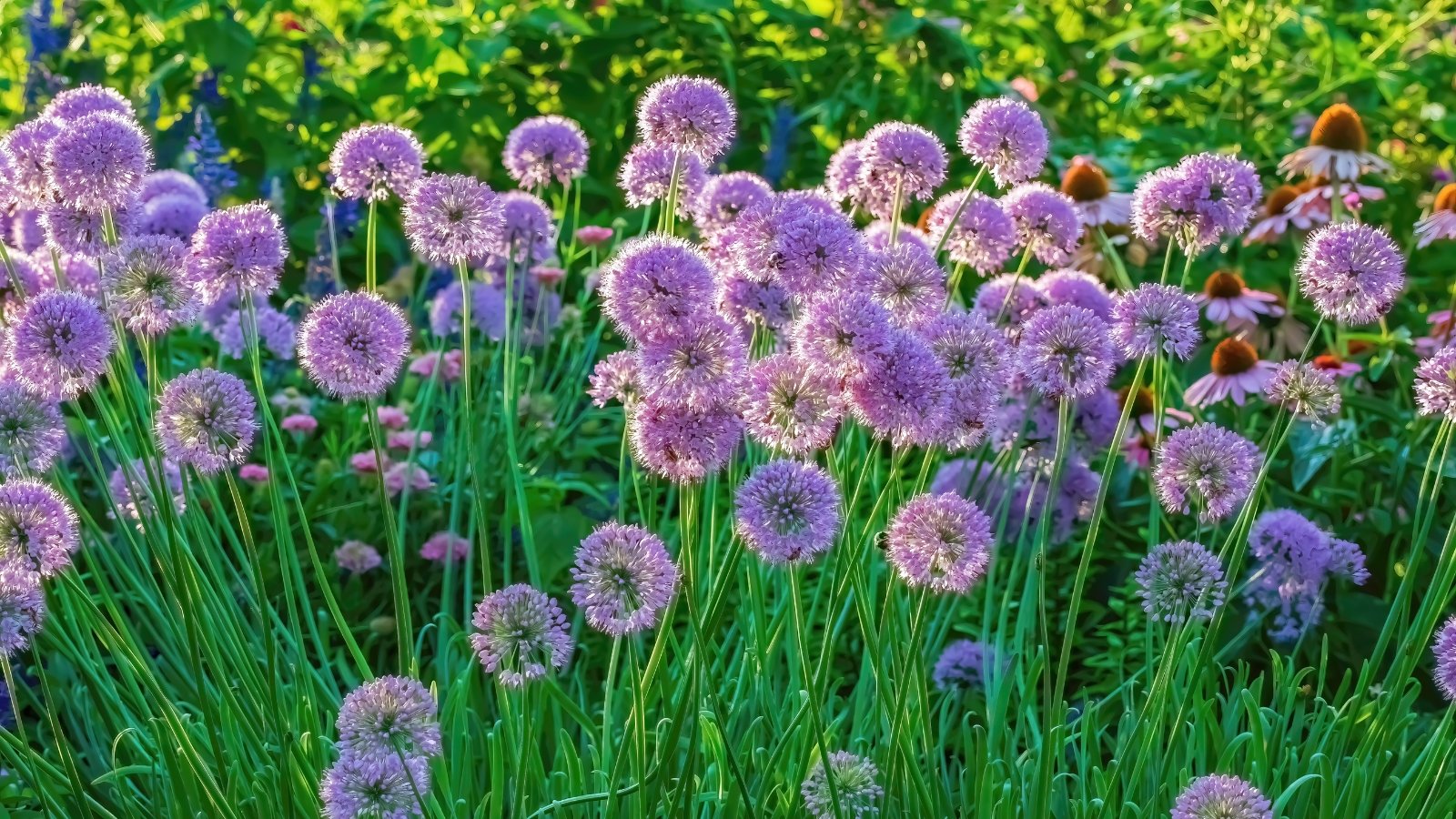
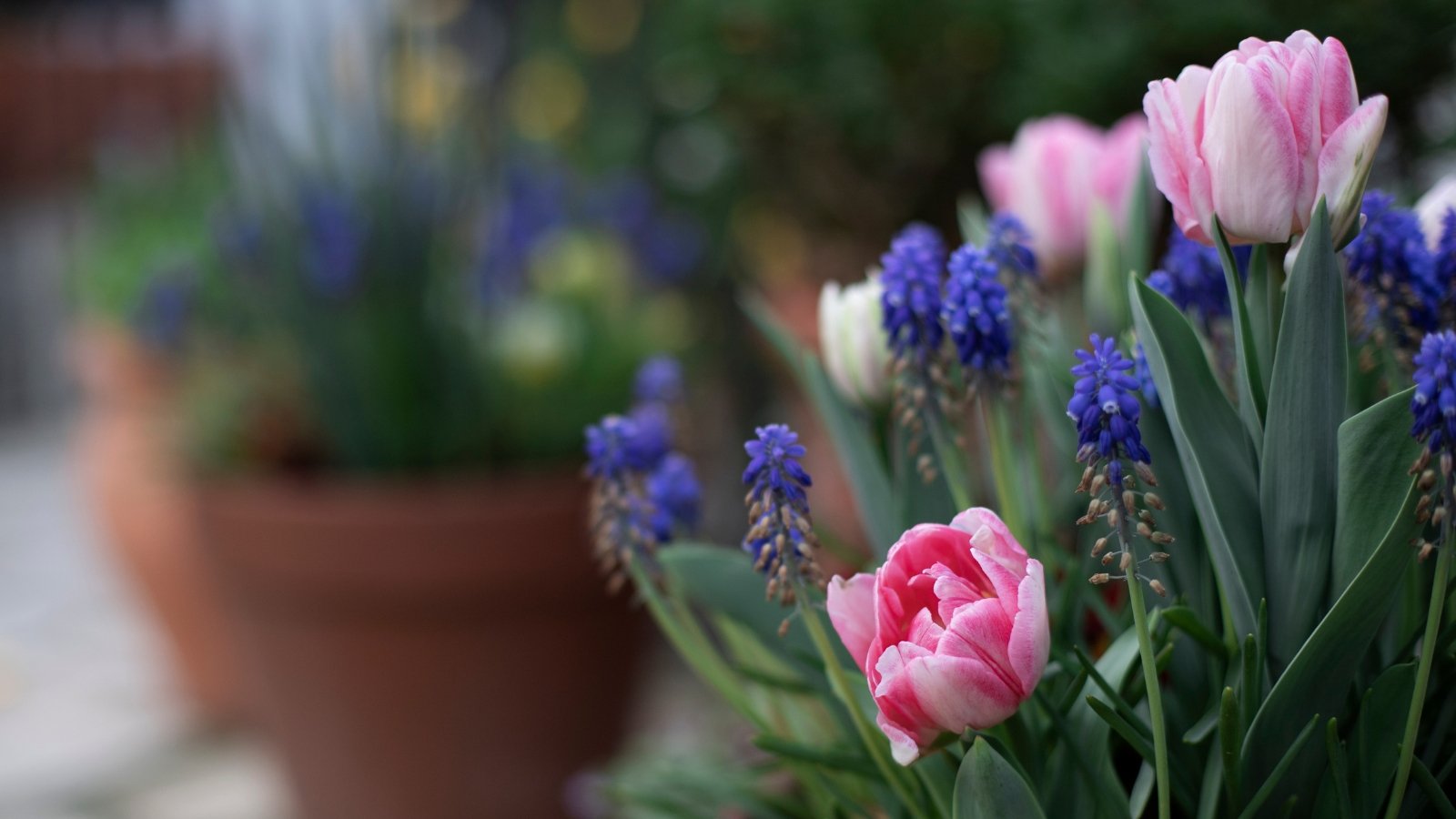
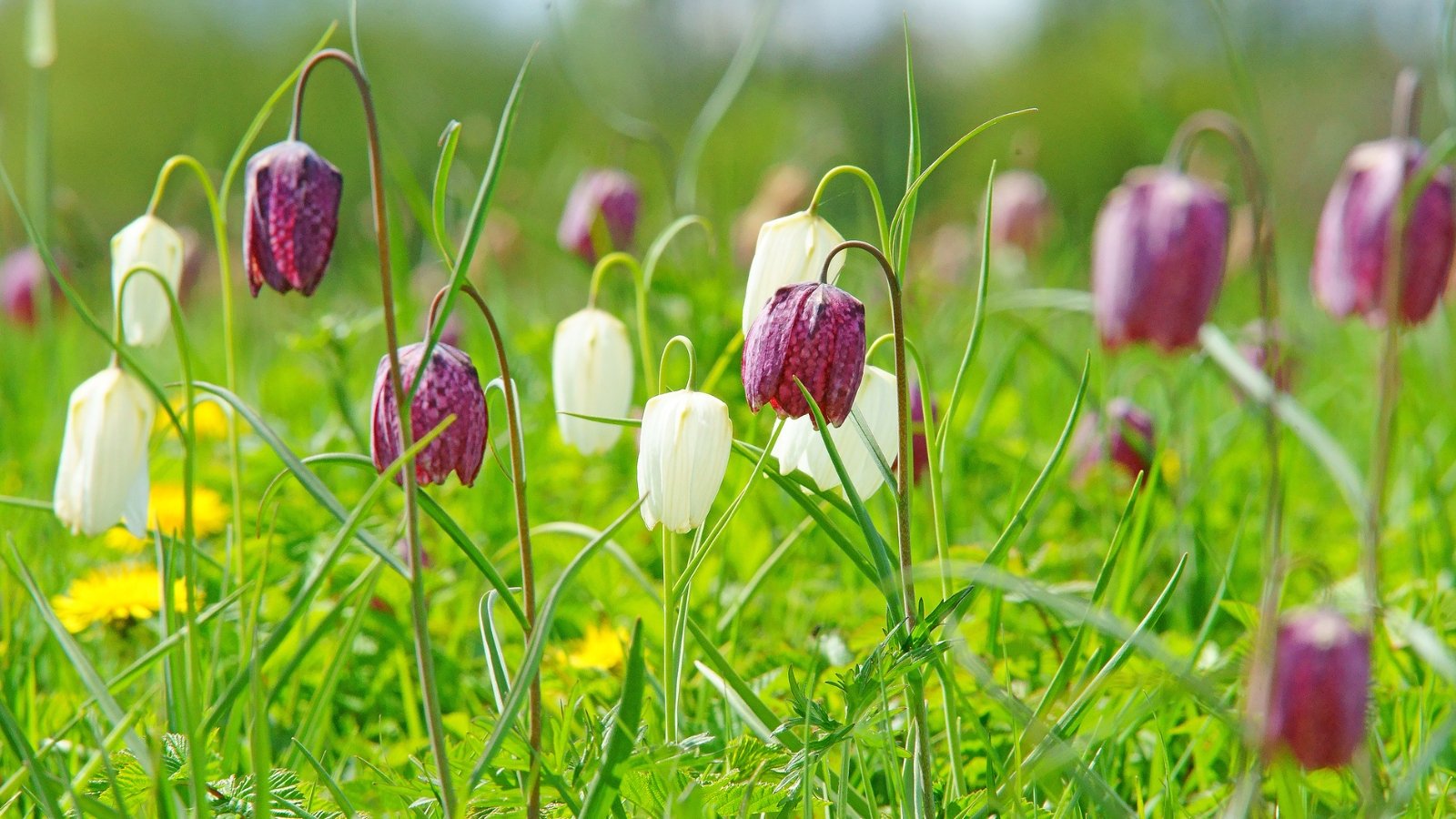
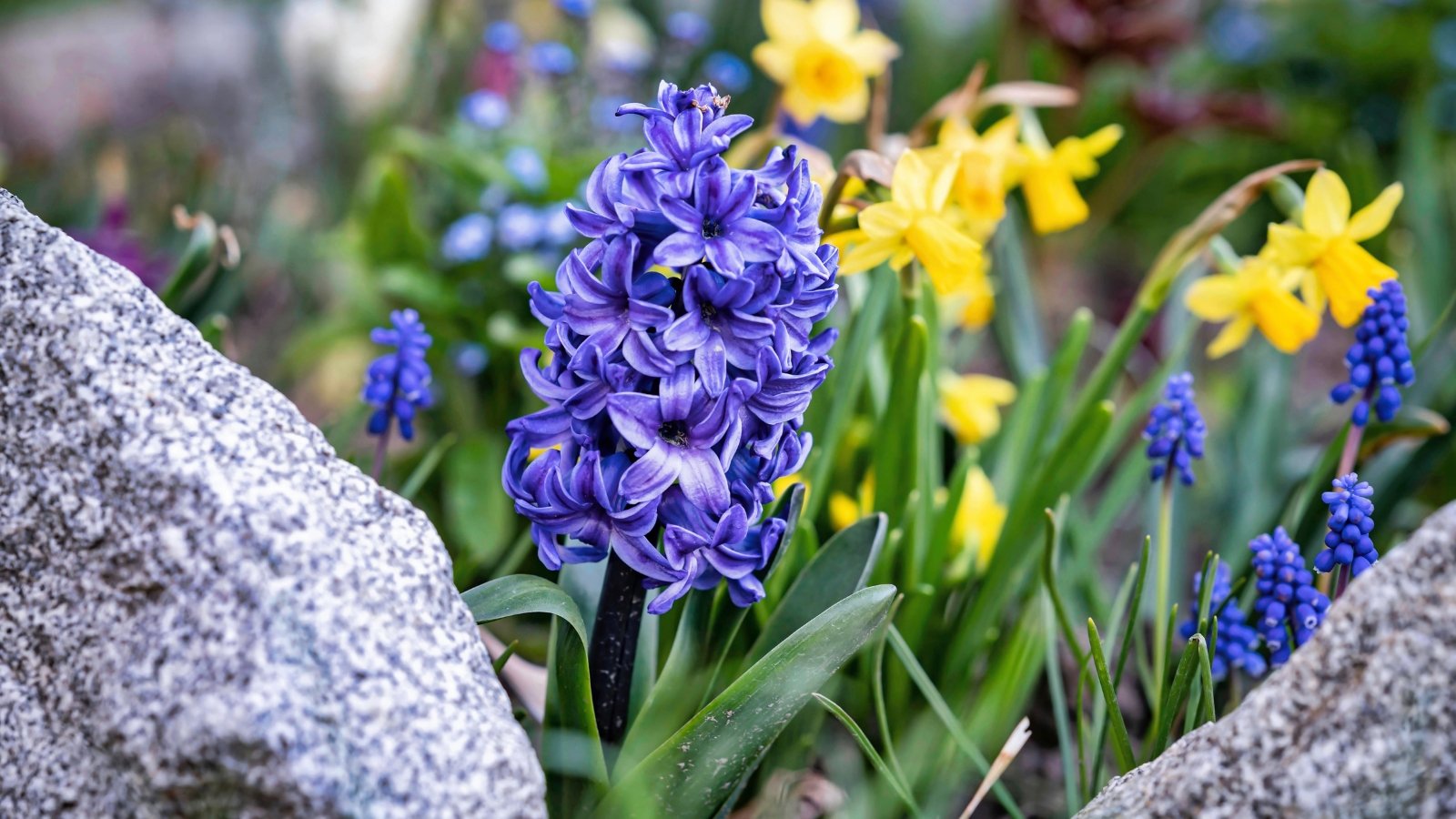
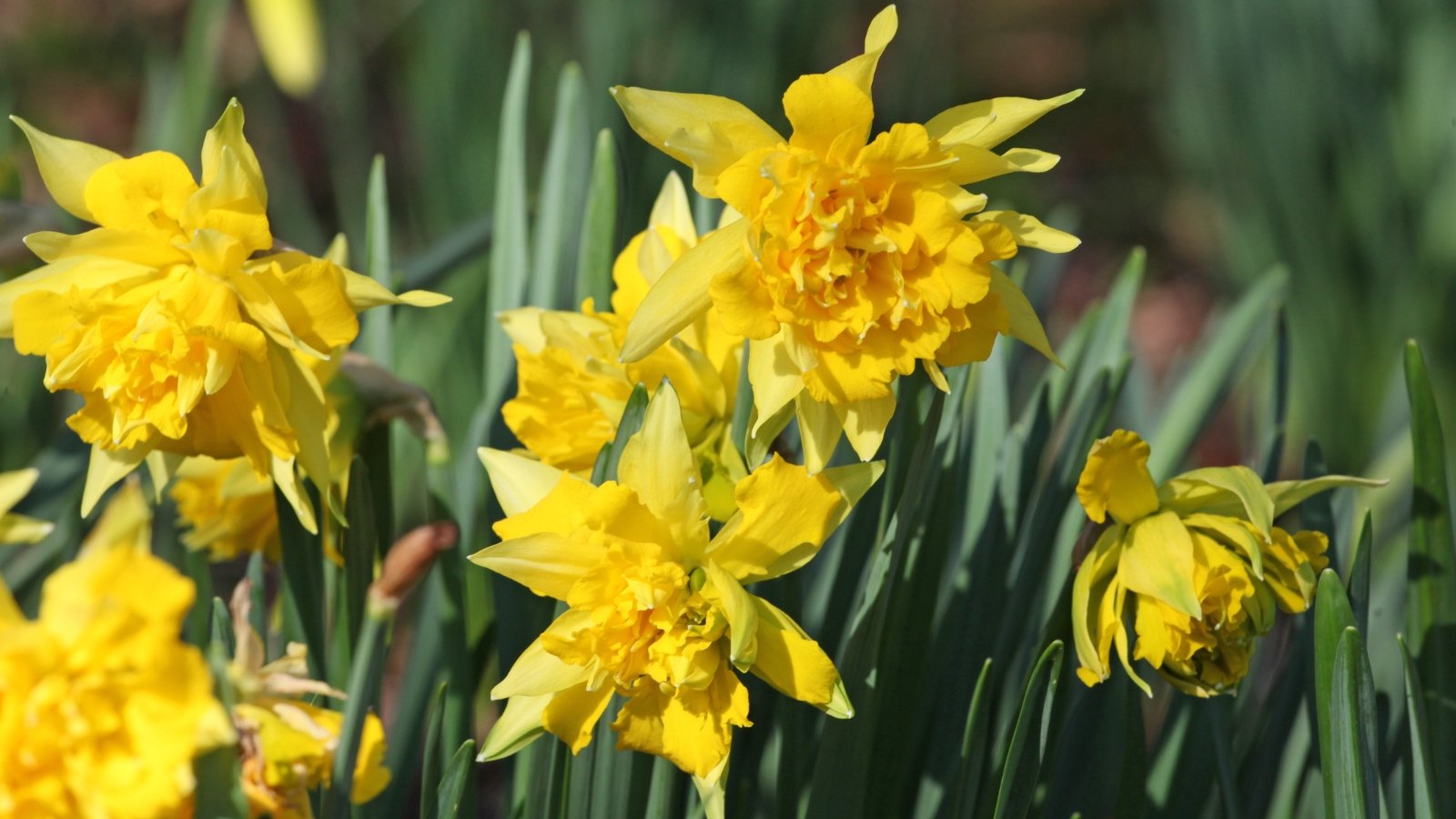
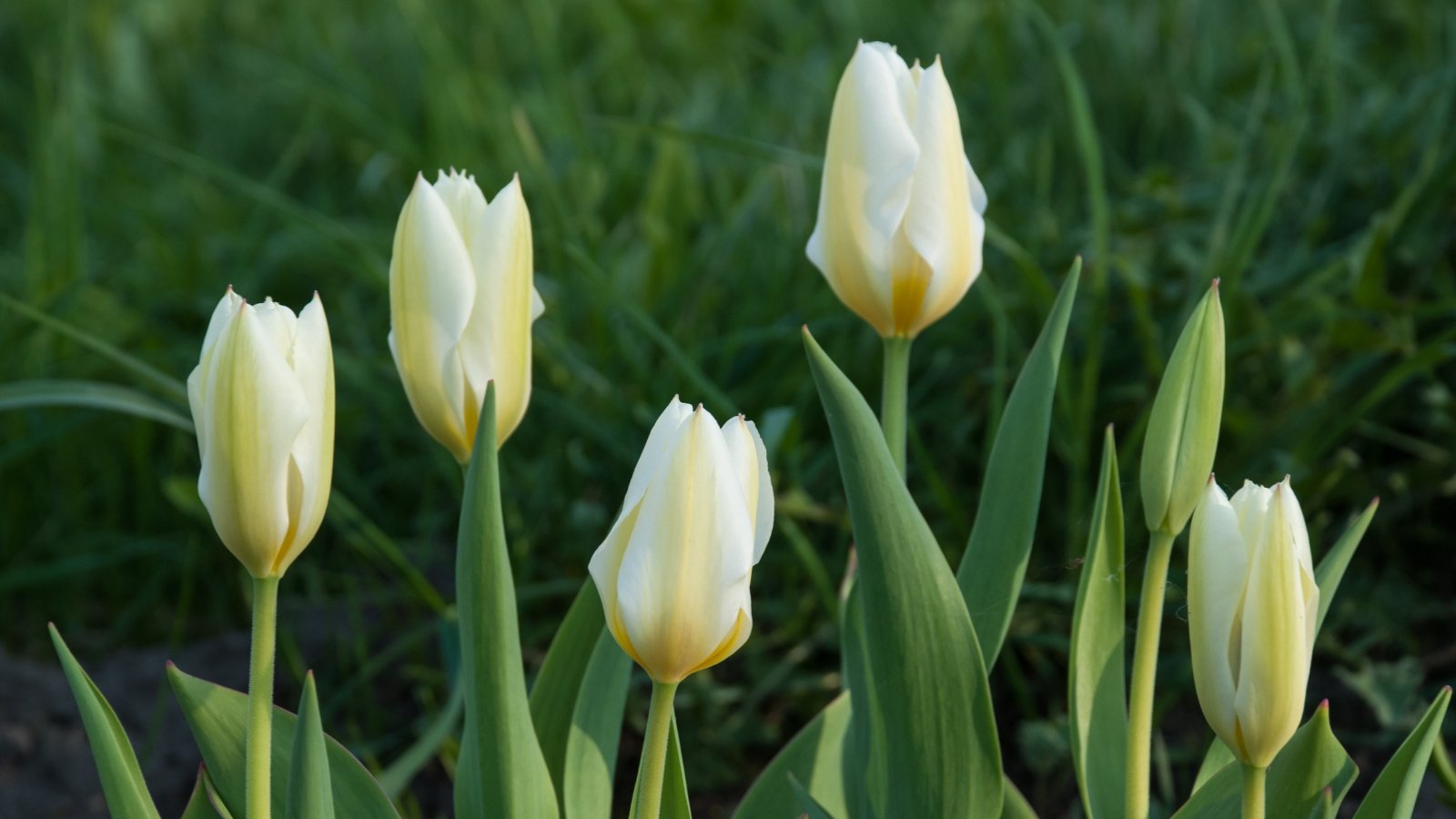
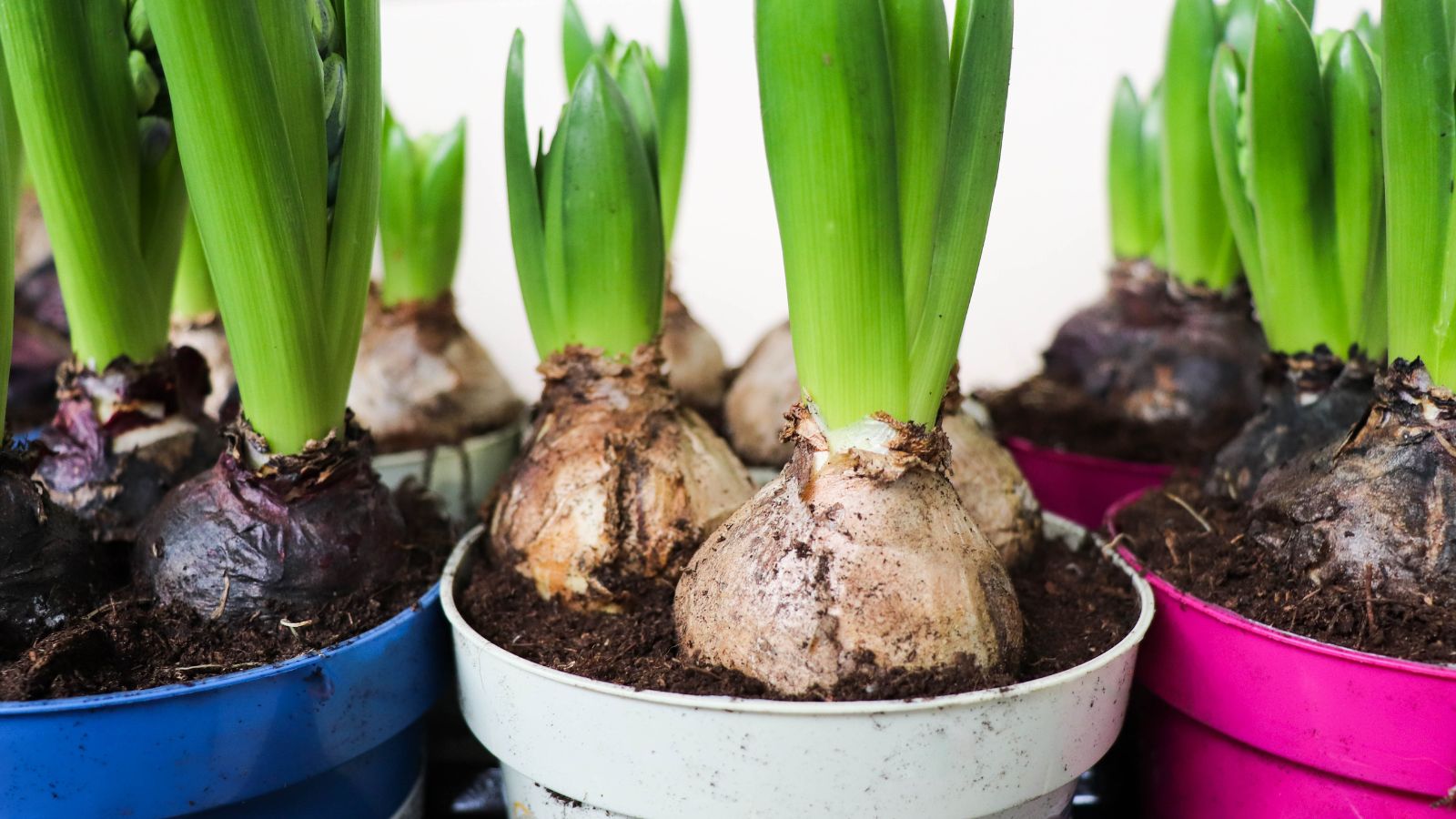
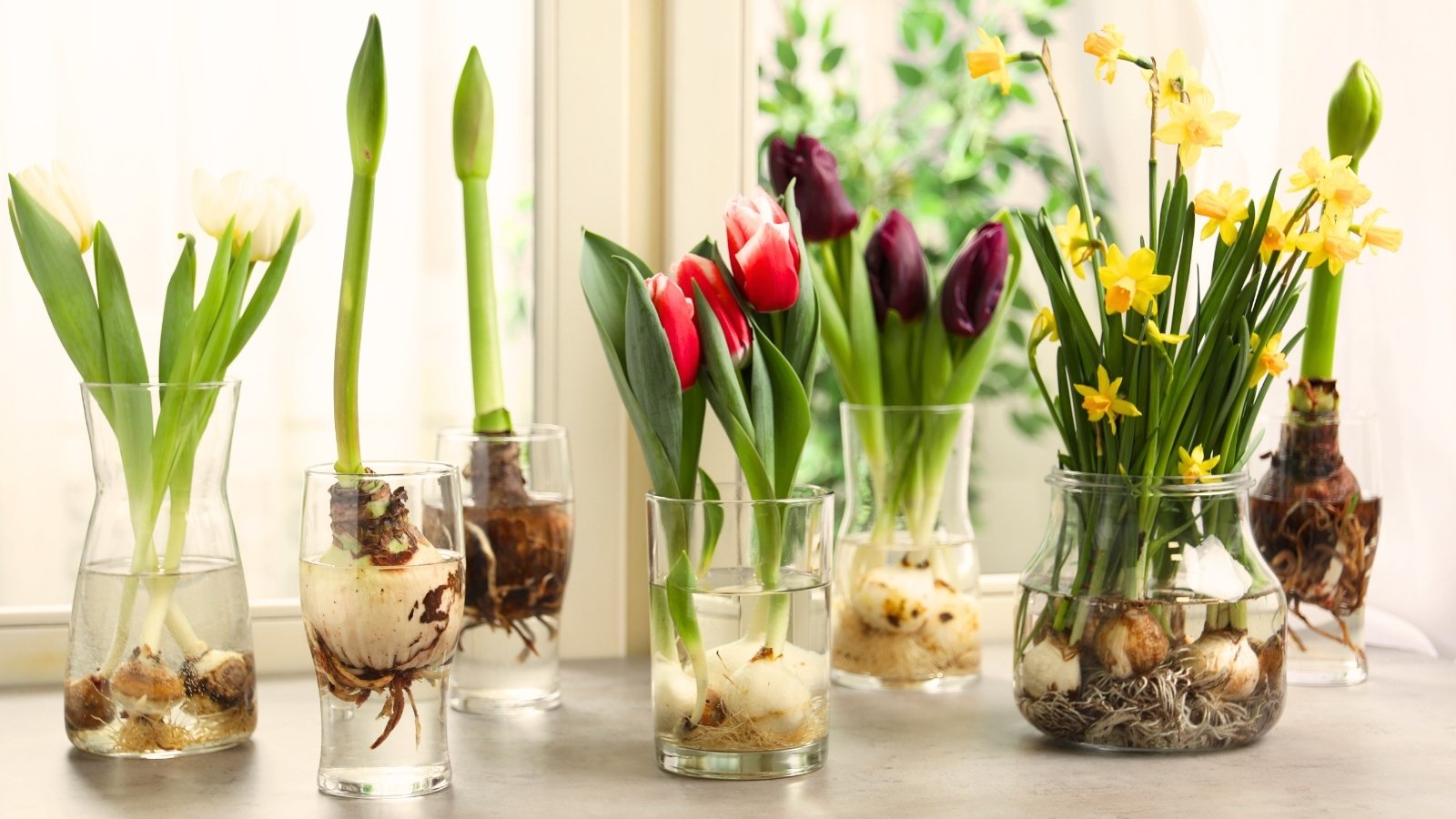
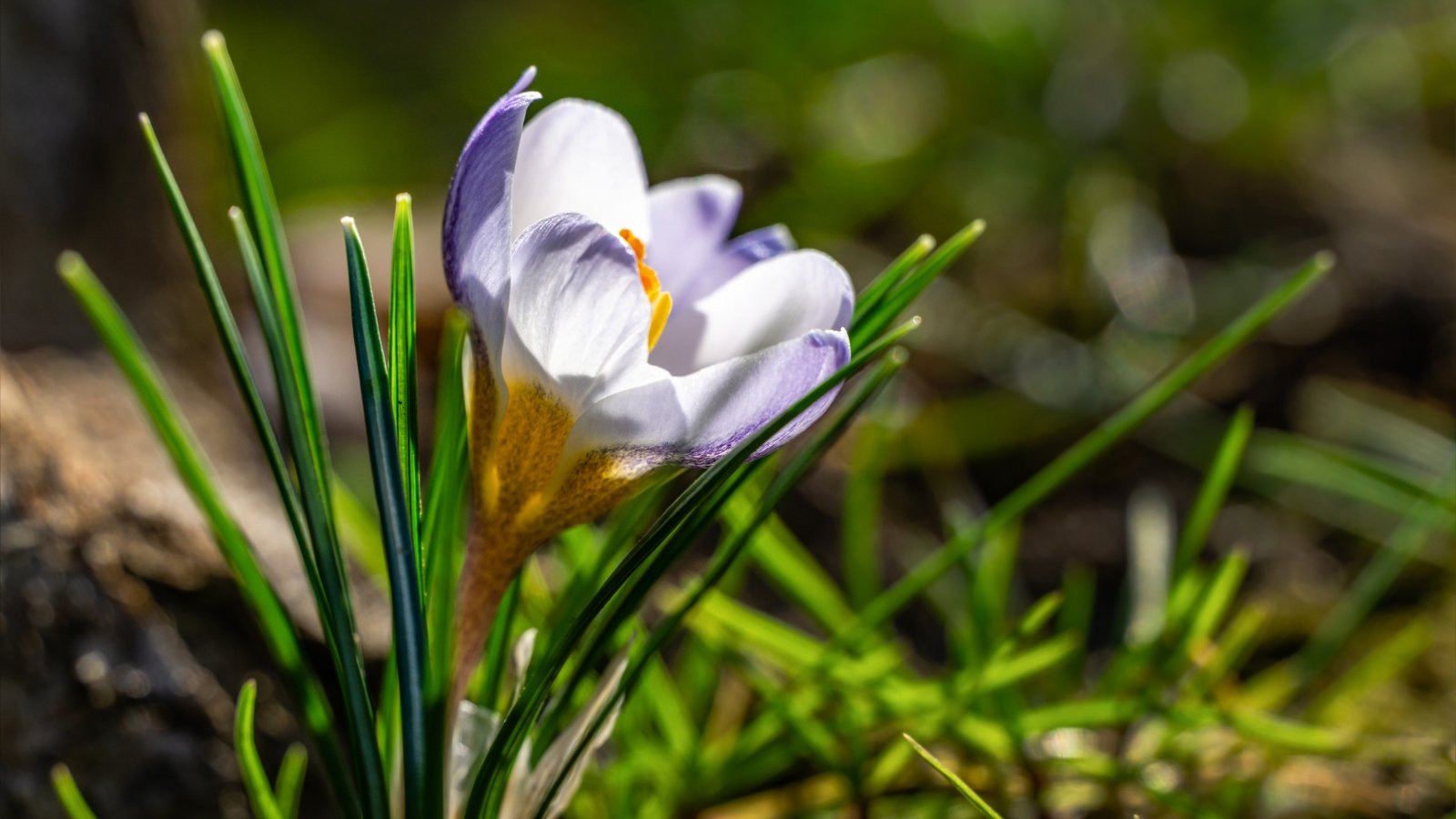
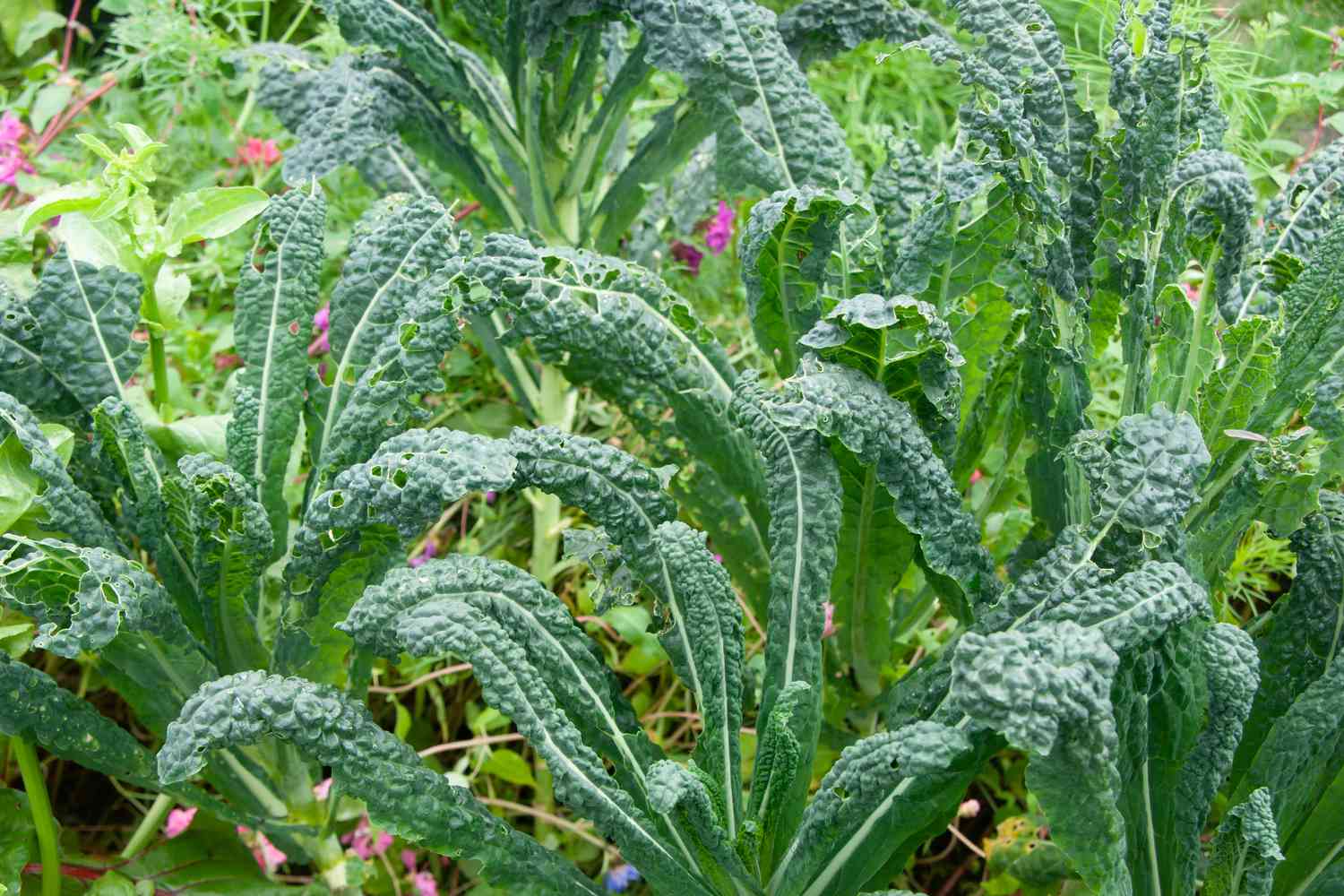

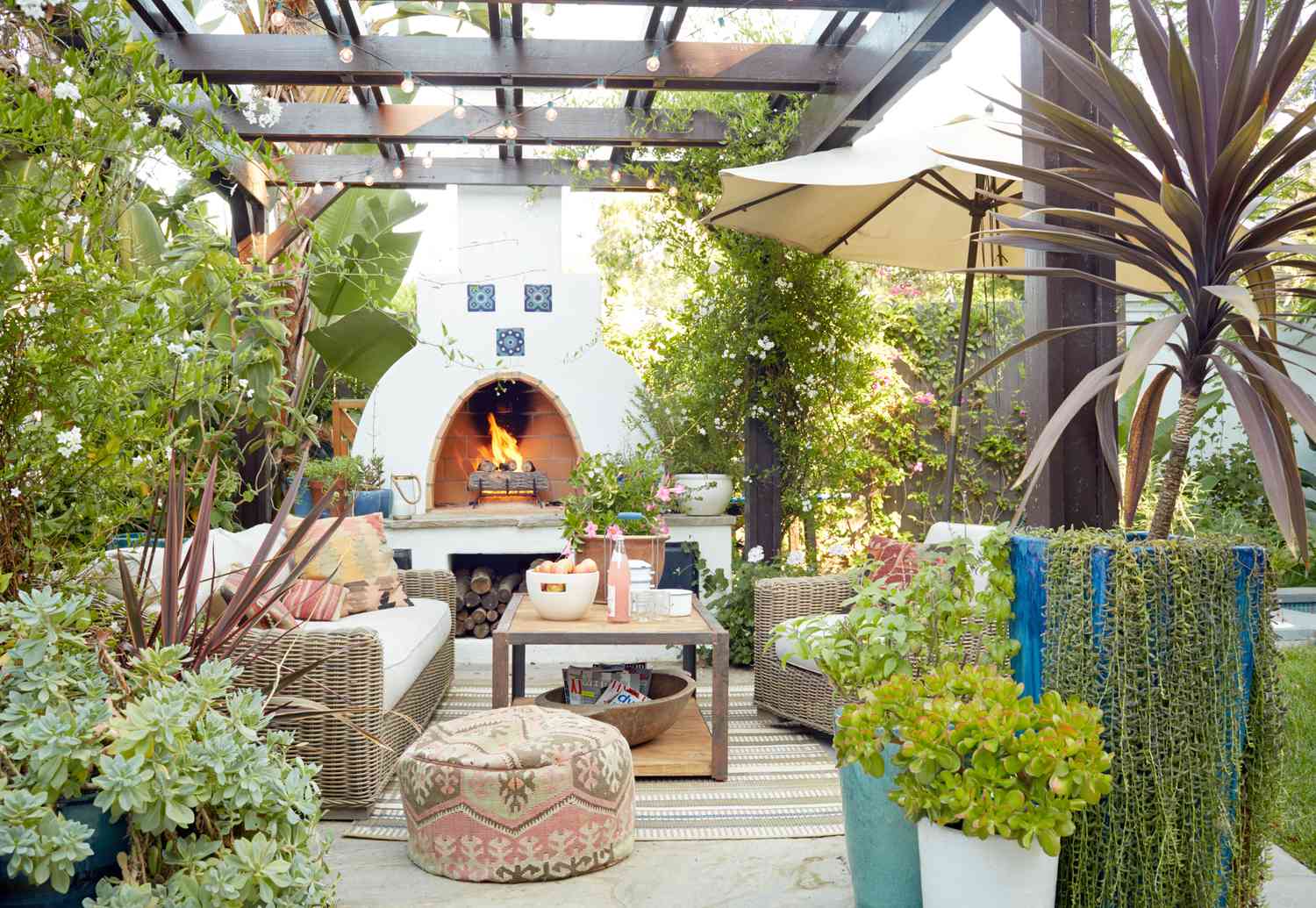

Leave a Reply